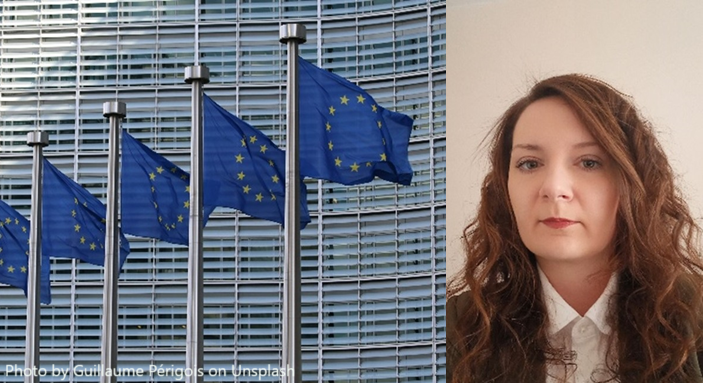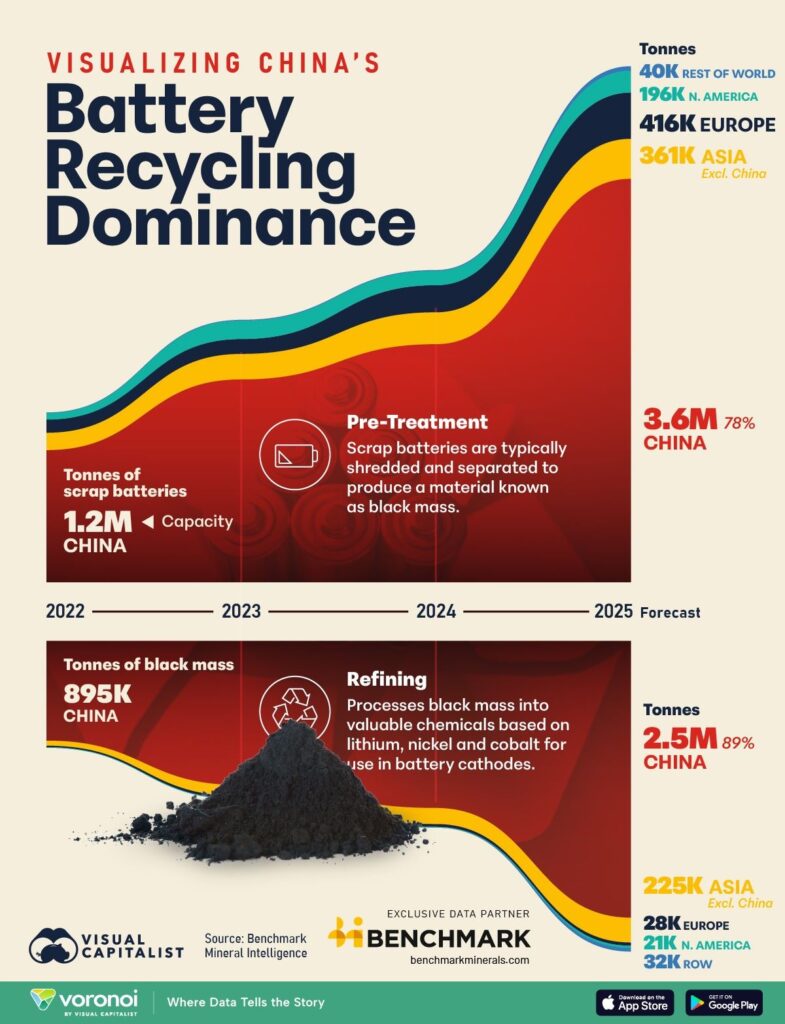Timing of IP activities 🎯 IP Management Pulse #38
Many IP experts in the IP community at I3PM, the HTB-EPO initiative, IP offices and institutions in national and regional innovation systems have asked Prof. Dr. Alexander Wurzer: “Where can you be sure not to miss any important IP management content?” In fact, you have to follow a number of interesting feeds to really keep up with the global developments around IP management. To make this easier he decided to offer his own personal newsletter for IP management. Here, you can find the latest issues in the archive and also subscribe. A fresh read with all important IP Management content will be sent to the subscribers every second Thursday at 7:00 (CET), so that they can start the day informed.
The next Newsletter will cover the following topics:
Timing of IP activities
Too often, inventors rush into patenting — driven by excitement or fear of being copied. But as IP professionals, our role isn’t just filing patents — it’s helping inventors make smart, strategic decisions.
👉️ To the LinkedIn post
Use of AI in the work of patent experts
Legal experts are increasingly using AI, but it is not (yet) useful and safe for all tasks. The following post gives an overview on the dos and don’ts of using AI as a patent expert.
👉️ To the LinkedIn post by Sebastian Goebel
IP in collaborations
Protecting you ideas when entering a collaboration is crucial for long-term business success. But many startups are cutting corners and use generic NDAs for it. The following post shows what can go wrong.
👉️ To the LinkedIn post by Maria Boicova-Wynants
IP cost management
While companies understand the value of IP, they also have tight budgets and need to balance IP protection with financial constraints. The following post shows the background.
👉️ To the LinkedIn post by William Burrell
IP protection of packagings
For FMCG companies the look and feel of their products is the most valuable asset to influence consumer decisions. The following post shows examples how to protect it.
👉️ To the LinkedIn post by Sarah Stemer
Whom to follow
Jatta Toro is an IP Business Advisor and Patent Attorney at Berggren as well as Chair of the Board of the Finnish Association of Patent Engineers. On LinkedIn, she shares information about the value potential of IP for businesses and what investors are expecting of an IP portfolio in a start-up.
Christian Bunke is CEO & founder of Basck and CMO & co-founder of Aalbun, where he supports start-ups and high growth companies with tailored IP services. In his LinkedIn feed, he regularly shares information about success stories of start-ups and events for founders as well as current IP support programs in the EU.
New 🔗dIPlex entry: IP and Organization
Effective Intellectual Property (IP) management is crucial for a company’s success, yet organizing IP work, both internally and externally, presents significant challenges. Internally, a primary hurdle is fostering a robust “IP culture.” This involves educating all departments, from R&D to sales, about the importance of IP identification, protection, and enforcement.
What Makes You Different? – The foundations of your personal brand
Ask any IP expert what they’re good at, and you’ll get answers like: “I’m precise.” “I’m reliable.” “I know how to navigate complex patent landscapes.”
All true, and all important. But here’s the catch: most of your peers could say the same.
The constitution of the internet and intellectual property law – how does the Digital Services Act protect intangible assets?
The Digital Services Act is expected to create a safe, trustworthy and transparent online environment for consumers and competing businesses. It encompasses an increased protection and enforcement of intellectual property rights on online platforms. The regulation is designed to discourage entrepreneurs from selling goods or services that infringe on intellectual property rights, such as trademarks, designs, patents or copyright.
Recycling and IP
Green technologies are increasingly geared towards recycling technologies to reduce waste and safe valuable resources. This first step in the direction of a circular economy is again led by China and supported with the development of valuable, fitting IP portfolios. You can find more information about those trends on the dIPlex page of Alihan Kaya.
IP in corporate compliance
A company’s compliance program should comprise a comprehensive set of rules, practices, and processes that ensure legal, ethical, and responsible conduct in accordance with relevant laws, regulations, and industry standards. Furthermore, it should balance the interests of diverse stakeholders, including shareholders, employees, suppliers, customers, financiers, governments, and the local community.







